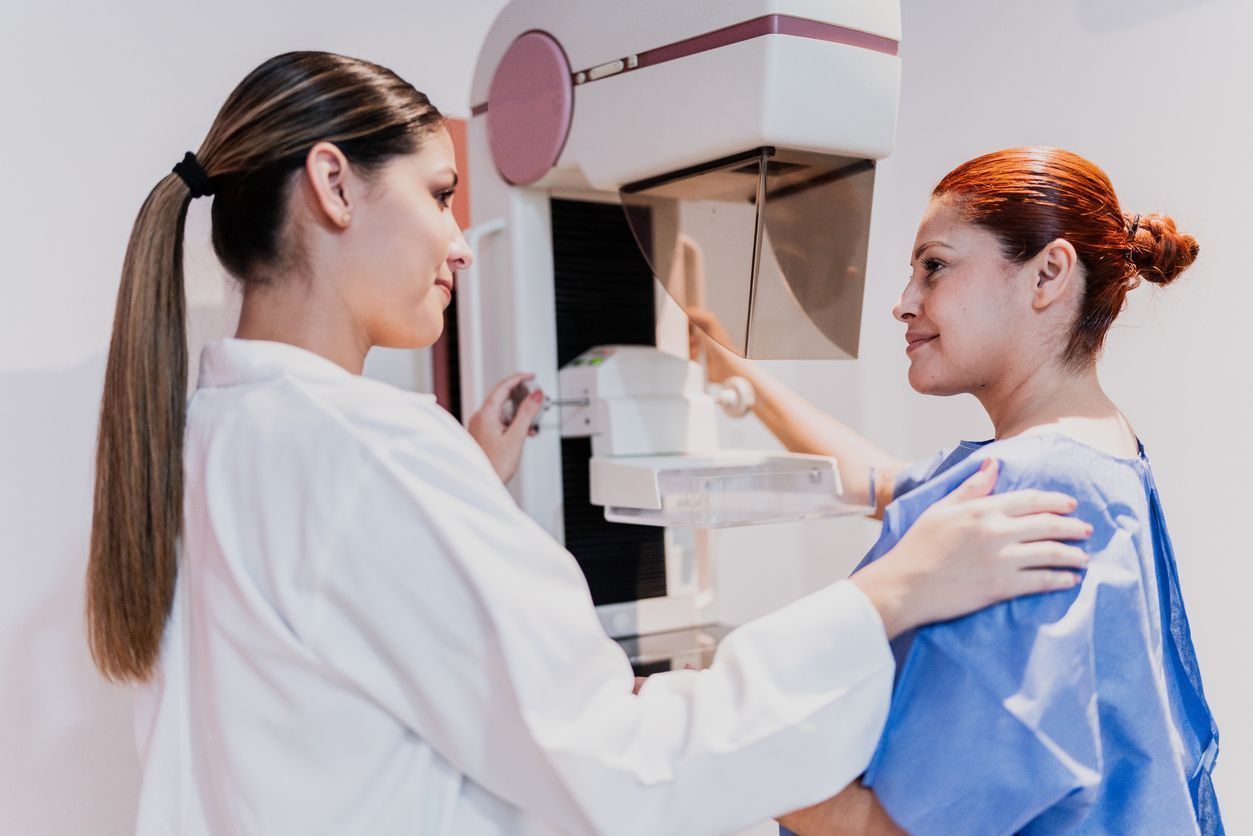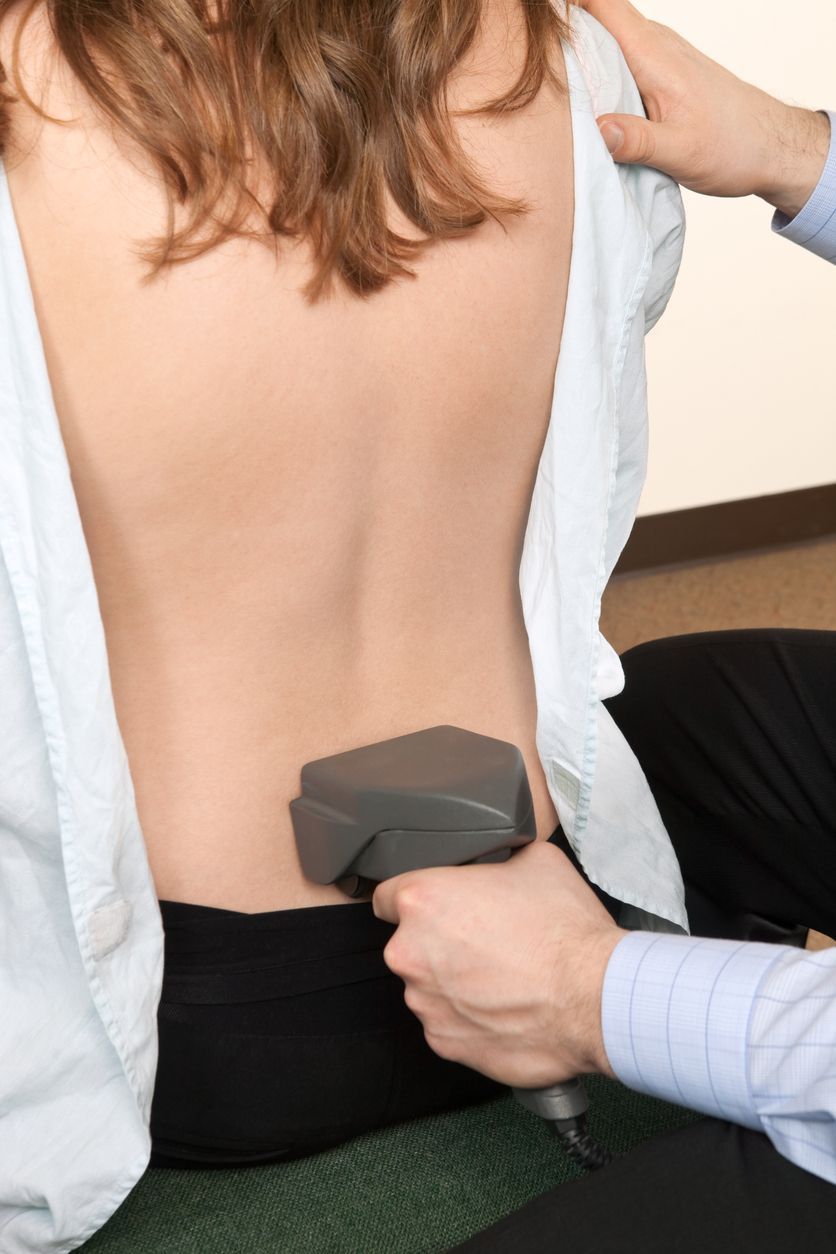5 Ways To Protect Your Health During the Fall and Winter
We all know that everyone is more likely to get sick in the winter. There are many reasons for this, including the fact that viruses transmit better in cold weather. But other reasons are connected to our bodies. Thermography, which is the study of the heat patterns within our body, helps clarify some of them, including increased inflammation from going outside less and our immune system being weaker.
So, how do we improve our health during the fall and winter? Here are some seasonal tips .
Proper Nutrition
Make sure your diet contains plenty of vegetables, fruits, lean protein, and whole grains. Consider healthier alternatives to traditional comfort foods and keep down added sugar. In the winter, we use more food to maintain our bodies, but most people also exercise less. This means our instinct to eat more becomes counterproductive. If you are cold, eating a lighter soup can warm you up faster than a heavy meal.
Add immune-support spices such as ginger and garlic to your meals to help your immune system stay healthy.
Stay Active
If you don't want to go outside, consider a seasonal gym membership. But if you live somewhere where winter closes in hard, consider learning a winter sport. Cross-country skiing is particularly good as it exercises your entire body (many people in the Midwest cycle in the summer and ski in the winter).
If you aren't up for that, even moderate exercise can help. Take the stairs instead of using the elevator. Enjoy a fall walk and appreciate the leaves. The important thing is to resist the temptation to "hibernate" until spring. Being more sedentary increases inflammation and also impacts your mood.
Protect Yourself From Germs
Your immune system doesn't do as well in the winter. It may need a little bit of help.
First of all, you can reduce your exposure to germs by regularly washing your hands. Wash your hands after going to the toilet, before eating, and when coming in from outside. If you have a pet, wash your hands after handling the animal. Try to avoid people who are sick (and if you are sick, stay home as much as possible and consider wearing a mask if you have to go somewhere).
Make sure to get enough sleep and practice good sleep hygiene . Also, bear in mind that zinc is a vital nutrient your immune system needs to function. If you are prone to colds, consider a zinc supplement.
Lastly, a recent study has shown that if your nasal passages get cold this reduces the number of extracellular vesicles (EVs) in your nose. EVs are part of your body's front-line defense system and surround and kill bacteria and viruses. If you go outside in the cold, cover your nose with a scarf, bandana, or mask to keep your nasal passages warm and better able to protect you.
Value your Mental Health
If you get unhappy every winter, you may have seasonal affective disorder . Talking to a therapist can help, but an easy and effective treatment is to increase your UV light exposure. This can be done with light box therapy or with a daylight therapy lamp in a place where you spend a few hours a day (consider taking one into your office). Taking a vitamin D supplement can stave off SAD (and is a good idea if you spend too much time indoors in the winter).
Another mental health issue is the " holiday blues ." These are caused by the stress of dealing with the holiday season, travel, family, etc. You can fight them off by getting enough sleep, taking time for yourself (and setting boundaries), getting enough exercise, and listening to your favorite holiday music.
Get a Thermography Scan
Thermography can help assess your overall health and help you find problems before they become a disease. This might include abnormalities in breast tissue, inflammatory conditions, etc.
Getting a scan in the fall or early winter may help you spot problems that will develop and worsen through the winter. To find out more about how thermography can assess your health,
contact CT Thermography
today.













